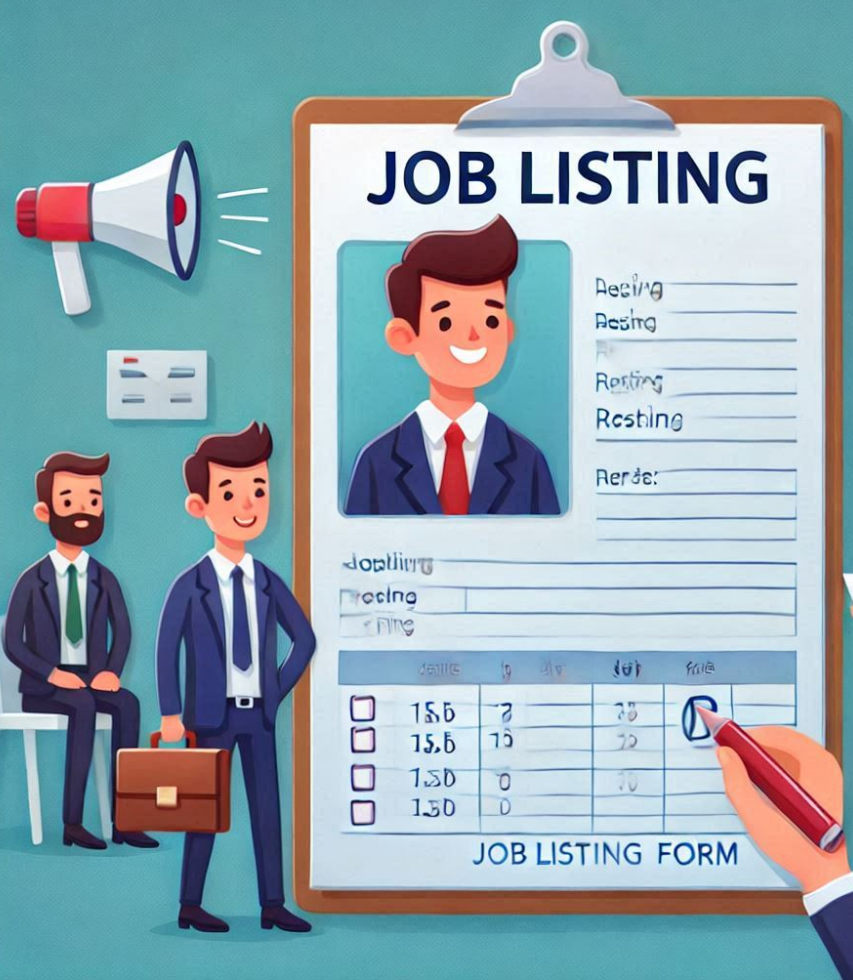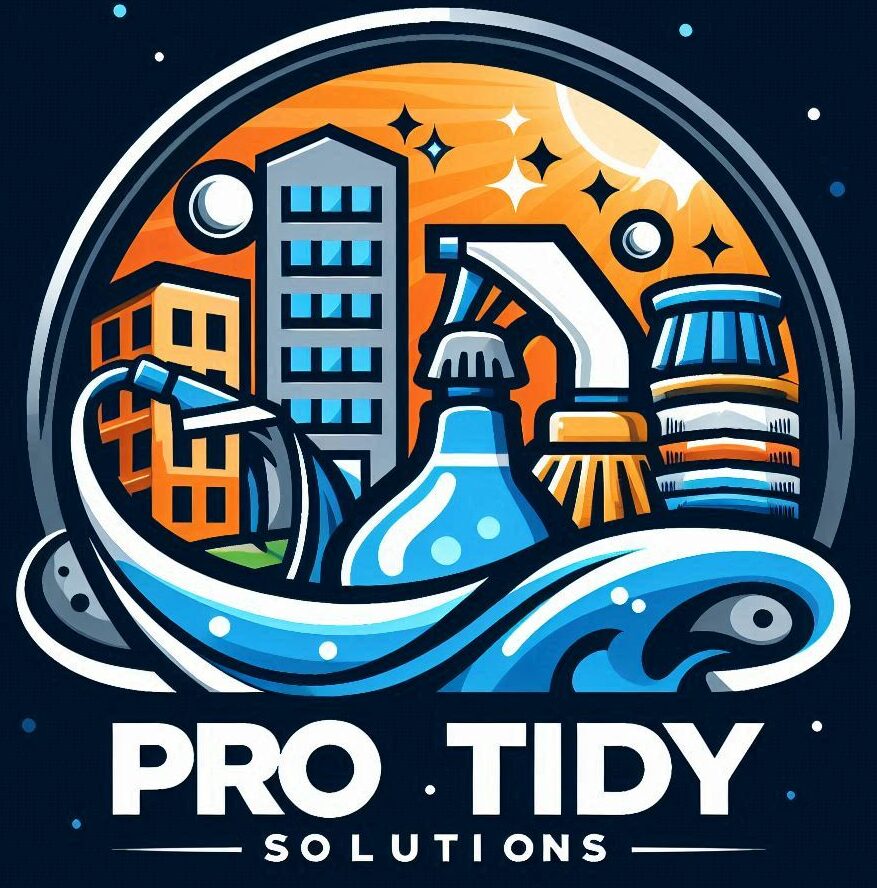
Effective communication plays a pivotal role in hiring processes, particularly when bringing new commercial cleaners on board. When expectations are clear and mutual, companies and candidates both stand to benefit, fostering a smooth transition and strong working relationships.
From the candidate’s side, clear communication can significantly impact their impression of your company. It’s a matter of respect and professionalism to keep applicants informed at every step, whether it’s about the status of their application or feedback post-interview. Candidates get a glimpse of company values through this interaction, influencing their desire to work with you.
Often, there’s a gap between what candidates expect regarding communication and what actually happens. Employers need to understand that leaving candidates in the dark can lead to dissatisfaction, negative reviews, and even loss of potential talent. Experiences of being ‘ghosted’ after interviews can lead to frustration, creating a lasting negative impression.
Consider real-world scenarios where communication failures have impacted a company’s reputation. A candidate who experiences a lack of follow-up is more likely to share their dissatisfaction publicly. This just not damages relationships with the candidate but also affects the company’s public image, potentially deterring future talent from considering you as an employer.
By prioritizing clear and consistent communication, your company builds trust and lays the groundwork for positive, long-term relationships with employees. It’s not just about filling a position; it’s about enhancing your organization’s credibility and culture as well.
The Application Process: Setting the Right Tone with Communication

Crafting an engaging job listing forms the first touchpoint with potential candidates. The description should be clear about the role, responsibilities, and expectations, setting an accurate tone right from the start. This helps candidates self-assess their fit for the role and reduces mismatched applications, saving time for everyone involved.
Responsiveness during the application stage makes a lasting impression. Acknowledge applications promptly, even if it’s just an automated response. This shows the candidate that their interest is valued and helps establish the foundation of a communicative relationship.
Technology can be a great ally in managing applications and keeping candidates in the loop. Automated systems for acknowledging applications, scheduling interviews, and updating candidates on their status create a seamless process and reduce the communication load on HR teams.
Commit to a realistic timeline and stick to it. Keeping applicants informed of their status within that timeframe, even if it’s a simple ‘still considering’ update, avoids candidates feeling neglected or left in the dark. Clear communication can turn a potentially frustrating process into an example of professionalism and empathy.
Building Trust: Following Through After the Interview Process

In the hiring journey, what follows after the interview is as crucial as the preliminary stages. Candidates invest considerable time and effort in the interview process and ignoring them afterwards can break any trust built so far.
“Ghosting”—or failing to communicate post-interview—can significantly damage your company’s image. It leaves candidates feeling undervalued and disrespected. Respecting a candidate’s time and efforts by keeping them updated on their application status, regardless of the outcome, is fundamental.
Having a transparent timeline for follow-up creates reliability and trust. If you promise feedback in two weeks, make sure you do it. Honest updates, even when the news isn’t what candidates hope for, reflect organizational integrity and respect.
Good communication isn’t just an HR task—it’s a reflection of company culture and values. Employers who prioritize communication foster a respectful environment that attracts top talent and builds a thriving workplace.
Implementing consistent follow-up strategies not only builds individual relationships but also strengthens your company’s overall reputation. Being known as a responsive and respectful employer can lead to positive word-of-mouth and attract candidates who align well with your company values.
Learning from Common Missteps: Turning Challenges into Opportunities
Mistakes in communication during hiring processes can actually be great learning opportunities. When handled correctly, they offer a chance to improve and set your company apart from others. Being proactive in identifying and addressing communication gaps can turn one-time errors into long-term enhancements.
Negative feedback from candidates can feel like a setback but offers an invaluable lens into the applicant experience. Addressing criticisms head-on shows responsibility and a willingness to grow. Invite candidates to share their experiences and treat this feedback as a constructive tool for refining your processes.
Taking a closer look at your company’s internal communication trends can highlight patterns that need attention. Are certain stages consistently delayed? Is there a particular step where feedback often slips through the cracks? Identifying these trends allows you to create targeted strategies for improvement.
Implement strategies that prioritize clear and frequent communication. Whether it’s utilizing technology better or assigning specific responsibilities to team members, clarify your communication tactics. It’s about creating an environment where transparency thrives, helping both candidates and the company to meet their goals.
Building a company culture that values open dialogue starts from the top. Leadership should model clear communication, encouraging team members to do the same. A culture shift towards better communication benefits not just recruitment but every aspect of your business, creating a cohesive, respectful workplace environment.

